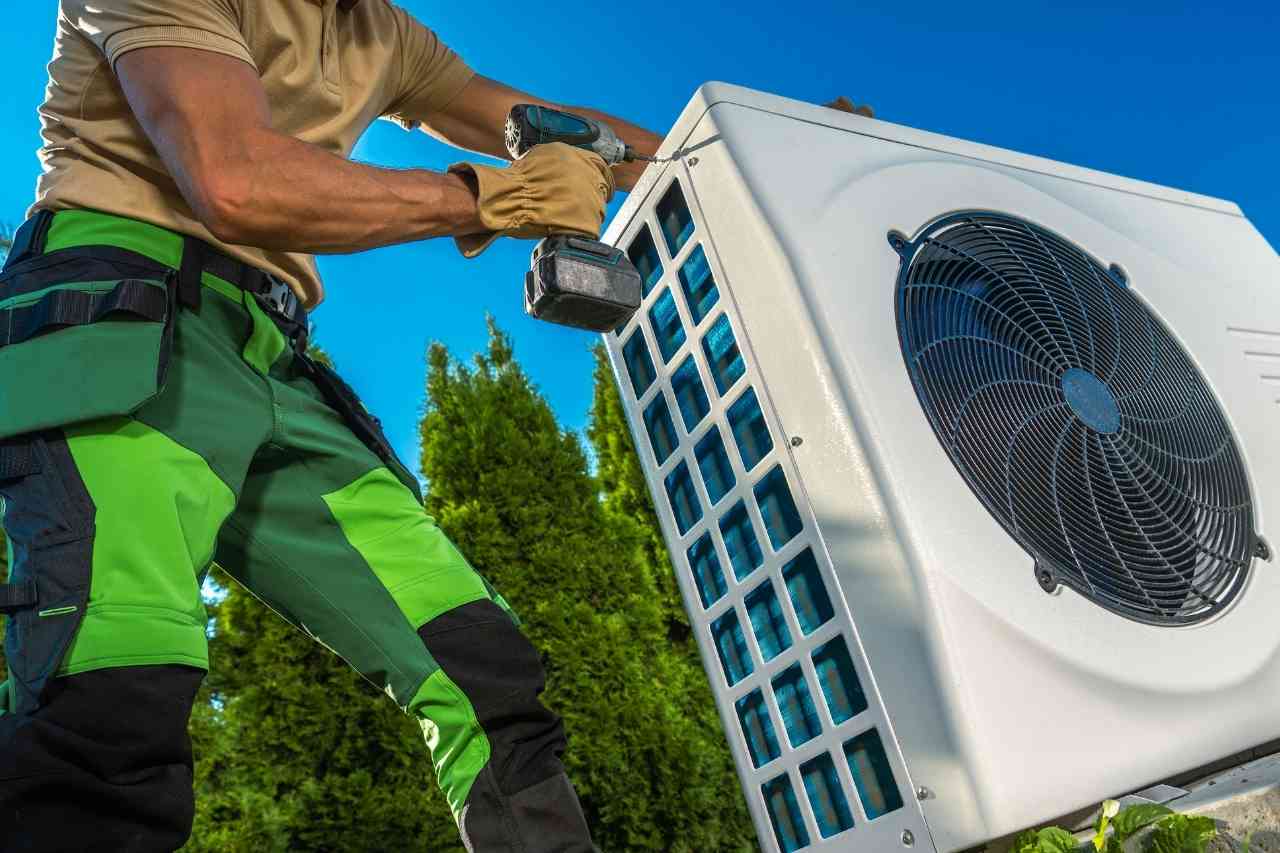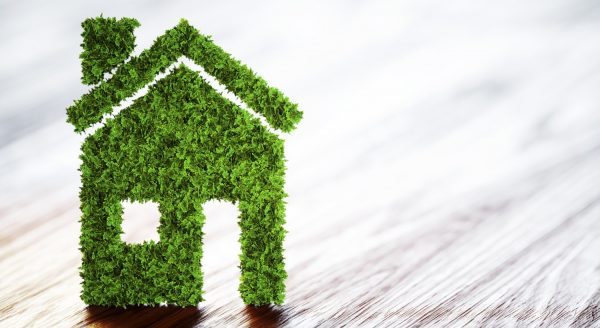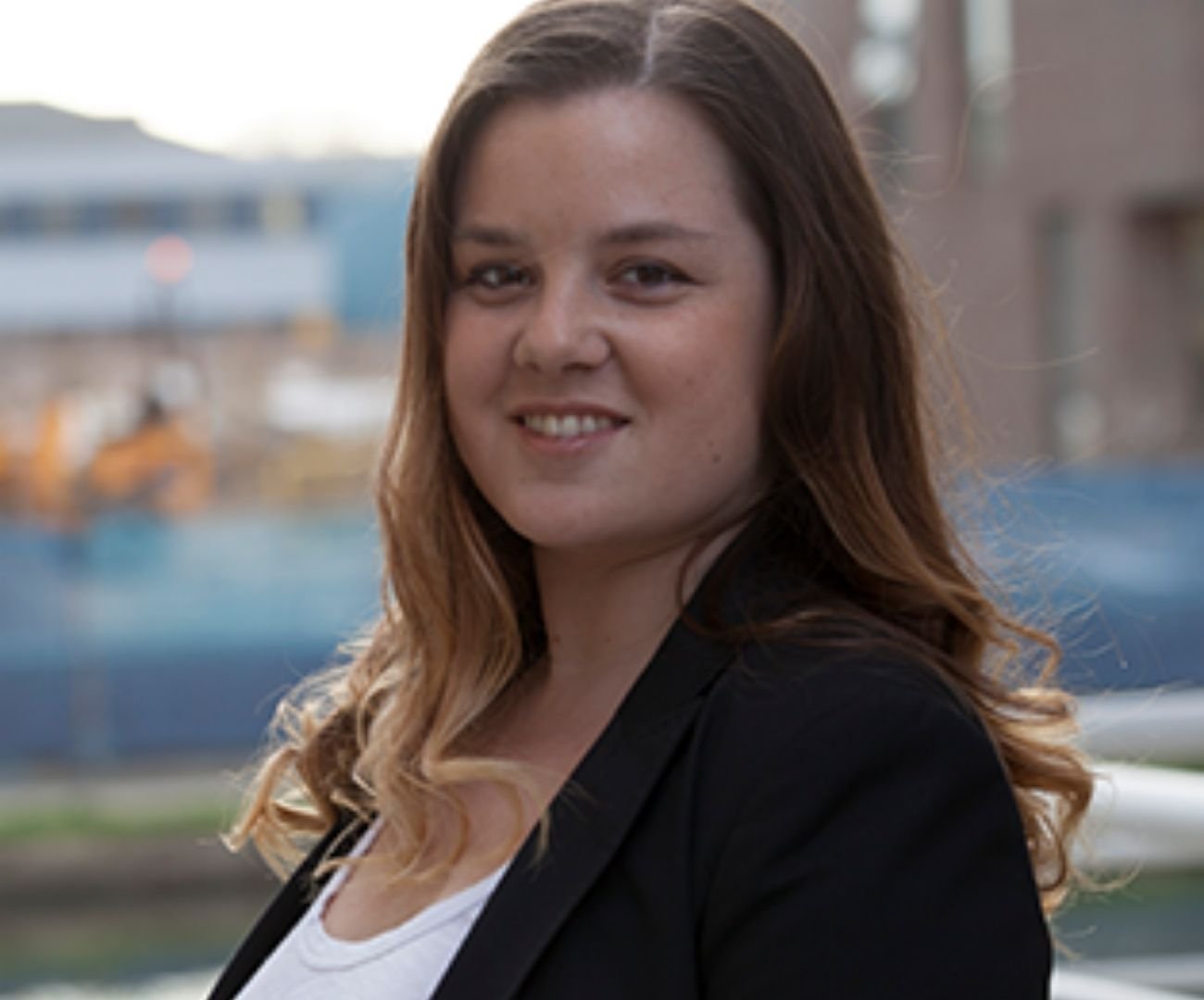Episode 42: Can Net Zero and The Cost of Living Crisis Co-Exist-John Smith MCIAT
- Nicolas R
- September 26, 2022
Episode 42: Can Net Zero and The Cost of Living Crisis Co Exist? With John Smith MCIAT
Does this episode title annoy you in the current circumstances that so many of us find ourselves in? It can be hard to stomach concepts like this when our worlds have been turned upside down in so many ways over the last few years.
However, architect and company director of Cityzen, John Smith MCIAT’s interview with Henry McDonald will certainly make you think!
Plus Peter Finn gives his very honest input about the current state of affairs on this topic as a builder in Ireland.

John Smith MCIAT:
If the energy companies dropped all their prices tomorrow, everyone would have just turned things back on. And that’s no good for the environment and the planet.
If we talk about it now at least they’re thinking about it when the energy prices come back down, and they go, oh, yeah, but if I do start turning things on, you know, what’s my carbon emissions?
About John Smith
John Smith is the Director of Cityzen Limited, a professional services firm that offers professional clients architectural design and planning bids, building regulations packages, and M&E advice for building development. Its team can assist in creating and developing the buildings you require by utilising their skills, experience, and technical knowledge. Building services engineering, thermal performance, feasibility, sustainability, and conservation are some of their specialities.
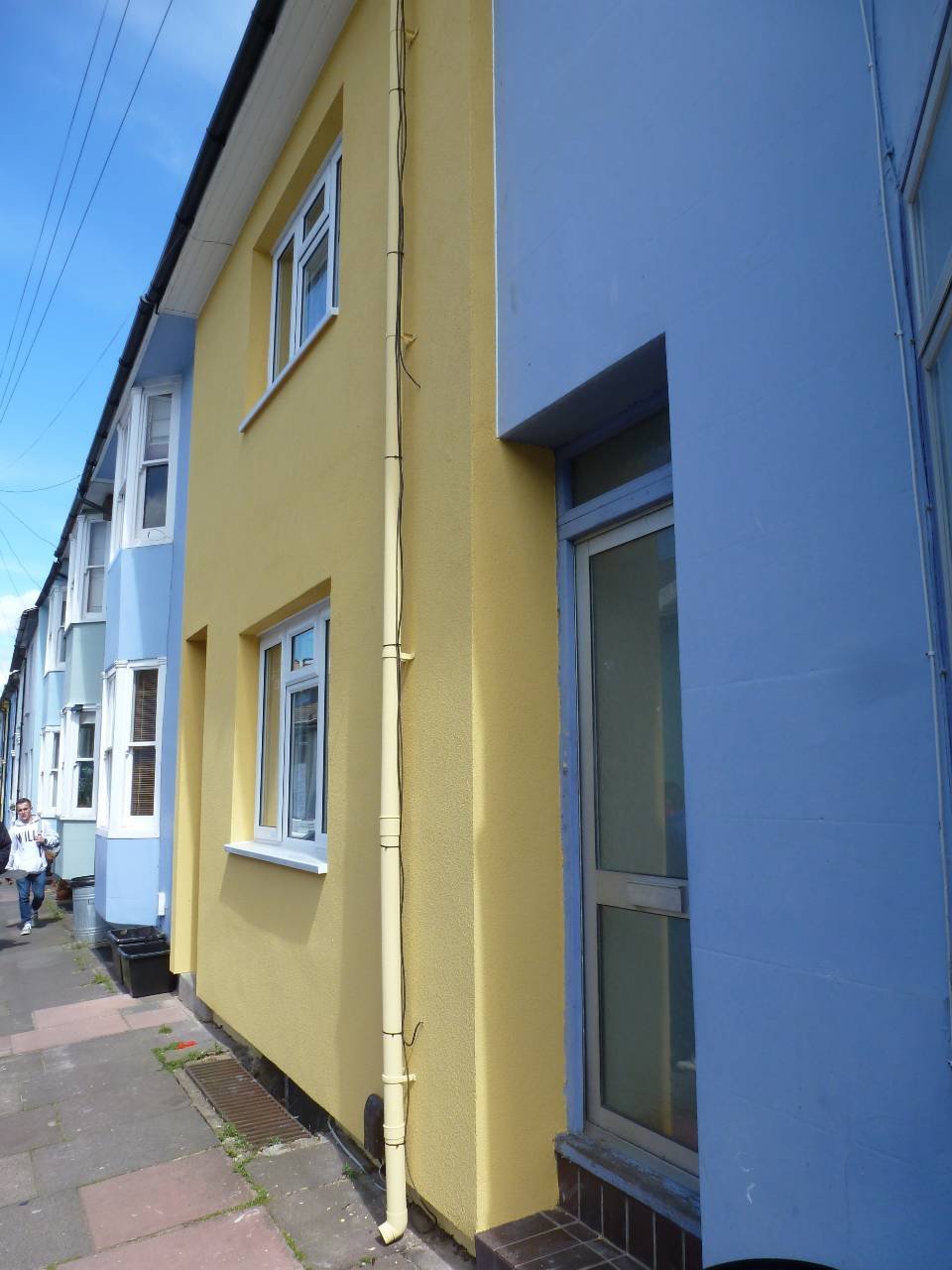
Photo above: Typical external wall insulation in a existing terrace in Brighton – Part of the pioneer places project to retrofit homes
In this interview, John talks about his work at Cityzen Design and explain what Cityzen does in a nutshell by highlighting two or three projects that he is particularly proud of, as well as aspects of these projects that are good examples of working towards Net Zero. On example is in the photo above.
John, like many others, feels that there is not enough energy and action at the local and central government level
There is a disconnect between the pace of change that is needed to address the climate crisis and the speed at which governments are currently moving.
This was a recurring theme at the recent FOOTPRINT+ event, where experts from around the world gathered to discuss the latest developments in sustainability.
While there was a general sense of optimism about the progress that is being made, there was also a growing sense of frustration at the lack of energy and action at a local and central government levels. This disconnect is likely to continue unless there is a radical shift in the way that governments operate. Only by working together can we hope to address the climate crisis in a meaningful way.
John will discuss his thoughts on the issue, the solutions he believes should be implemented to expedite the situation, and the statement he made in an article:
We have had successive governments not investing in retrofits (or saying they are, then pulling the funding!). The UK’s Housing stock is old, poorly insulated and draughty, at Cityzen we have been designing retrofits for houses and working with others on retrofit schemes (which were government backed) and reporting on how buildings can be retrofitted for over 10 years, we also have done 100s of surveys showing what buildings are insulated with or typically not and how they can be improved.
Solution for Net Zero and the cost of the living crisis to coexist
The solution to coexist with Net Zero and the cost of living is for the government to invest in renewable energy and make it more affordable for everyone and reduce their needs.
According to John :
“So now is the time to push more than ever, I think it is the answer.”
“At the same time, we should be thinking well if things are going to cost that much, why don’t we look at reducing the actual need, because if the energy companies dropped all their prices tomorrow, everyone would just turn things back on and that’s no good for the environment and the planet.”
The government can do this by giving tax breaks to companies that use renewable energy, investing in research and development of renewable energy, and by providing incentives for people to use renewable energy. The cost of living would go down because renewable energy is cheaper than fossil fuels, and the Environment would improve because there would be less pollution.
This is in line with what John said when he said:
“An easy one is to reduce the VAT on energy efficiency products or even get rid of VAT on energy efficiency products.”
Installing solar panels is an excellent way to generate your own energy
In The Guardian on Monday 29th August 2022, in the section, The long-term: Energy efficiency, decoupling gas and electricity prices, it said:
“There is also a huge question over the government’s failure to take action on home insulation: this winter, the least efficient homes in band F will have gas bills about twice as high as those in band A, and cost £151 more a month to heat than C-rated homes. “The government has failed to have a serious energy efficiency policy,” said Dr Simon Evans, Deputy Editor and Policy Editor at Carbon Brief – “The best time to do that was a decade ago. The next best time is now.” A bit like the old Chinese proverb – “When is the best time to plant a tree? Twenty years ago, the second best time is now.”
John will also share his thoughts and ideas on the statement he has written as Liz Truss and Rishi Sunak warn that solar panels are “filling up” the UK’s best farmland, joining a chorus of fellow Conservative MPs who have recently described solar projects as dangers to rural communities and the food supply.
“If you can afford it, adding solar is a great way to generate your own energy, but it does have a significant up front cost, if you are creating a new build property this should be a must, and going forward and is often conditioned in planning and within Building regulations, Low and zero carbon systems are to be reviewed and implemented.”
The emergency situation in which we find ourselves from the student’s point of view
The world is heating up, climate change is accelerating, and we are causing it. Net zero is the point where we stop putting more greenhouse gases into the atmosphere than we take out. To get there, we need to reduce our emissions by about half by 2030, and to zero by 2050.
It’s a tall order, but it’s essential if we want to avoid the worst impacts of climate change and give future generations a chance to thrive. We can do this by transitioning to renewable energy, protecting and restoring forests, and making our cities and buildings more efficient. It won’t be easy, but it’s essential if we want to leave a livable planet for future generations.
Given that John is a teacher, he will elaborate on how much the curriculum has had to be changed in the last few years, what aspects have changed, and what innovative ideas are being put forward by students that we do not hear about in the mainstream media, and what means his students have to express themselves.
In addition, John will give us his Top X Tips for newly qualified architects and engineers and he will explore with us one of the statements published in Dezeen, in the article, University of Brighton spotlights 10 architecture projects one of the University’s statements was:
“Three design studios were operating this year, offering unique studio briefs with diverging architectural interests and agendas. However, these divergent aims are bound together by the evolving environmental challenges that the UK faces and the impacts this will have on how we live now and how we could be living in the future.”
John will explain his views on this in this interview about an article in The Conversation, Climate scientists: concept of net zero is a dangerous trap, where the authors wrote,
We have arrived at the painful realisation that the idea of net-zero has licensed a recklessly cavalier “burn now, pay later” approach which has seen carbon emissions continue to soar. It has also hastened the destruction of the natural world by increasing deforestation today, and greatly increases the risk of further devastation in the future.
Worldwide top construction podcast recognition
As we release this episode we are delighted to announce that we have been included in the world’s most important list of Feedspot best construction podcasts.
Read more about this here over at Constructive Voices News.

